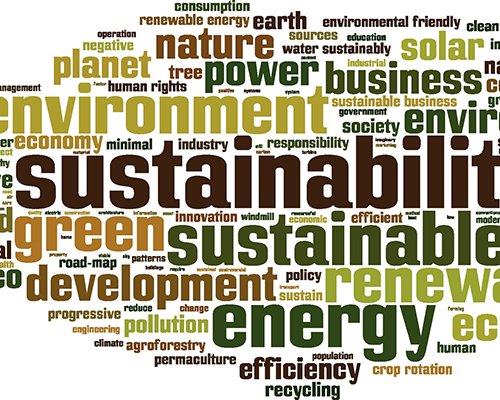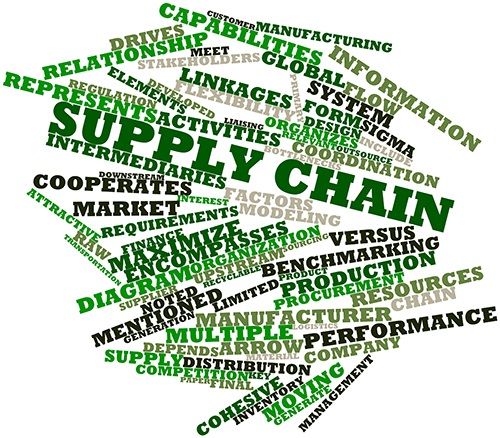
Sustainability is now an organizational requirement. Sustainability focuses on meeting the needs of the present without compromising the ability of future generations to meet their needs. The concept of sustainability is composed of three pillars: economic, environmental, and social—also known informally as profits, planet, and people. Increasingly, companies are making public commitments to sustainability through actions such as reducing waste, investing in renewable energy, and supporting organizations that work toward a more sustainable future.
With political and social pressure for companies to adopt sustainable business practices looming in the near future, now is the time for organizations to take action. In today’s day and age, companies are not only responsible for their own actions, but the actions of their suppliers as well. All businesses, large and small, will be required to report the environmental footprint of their enterprise. It’s no surprise that the best decarbonization strategy is one that engages suppliers, partners, and customers in a robust Sustainable Supply Chain Program. Having an all-encompassing program now provides a long-term competitive advantage in regards to compliance, marketability, and profitability.
